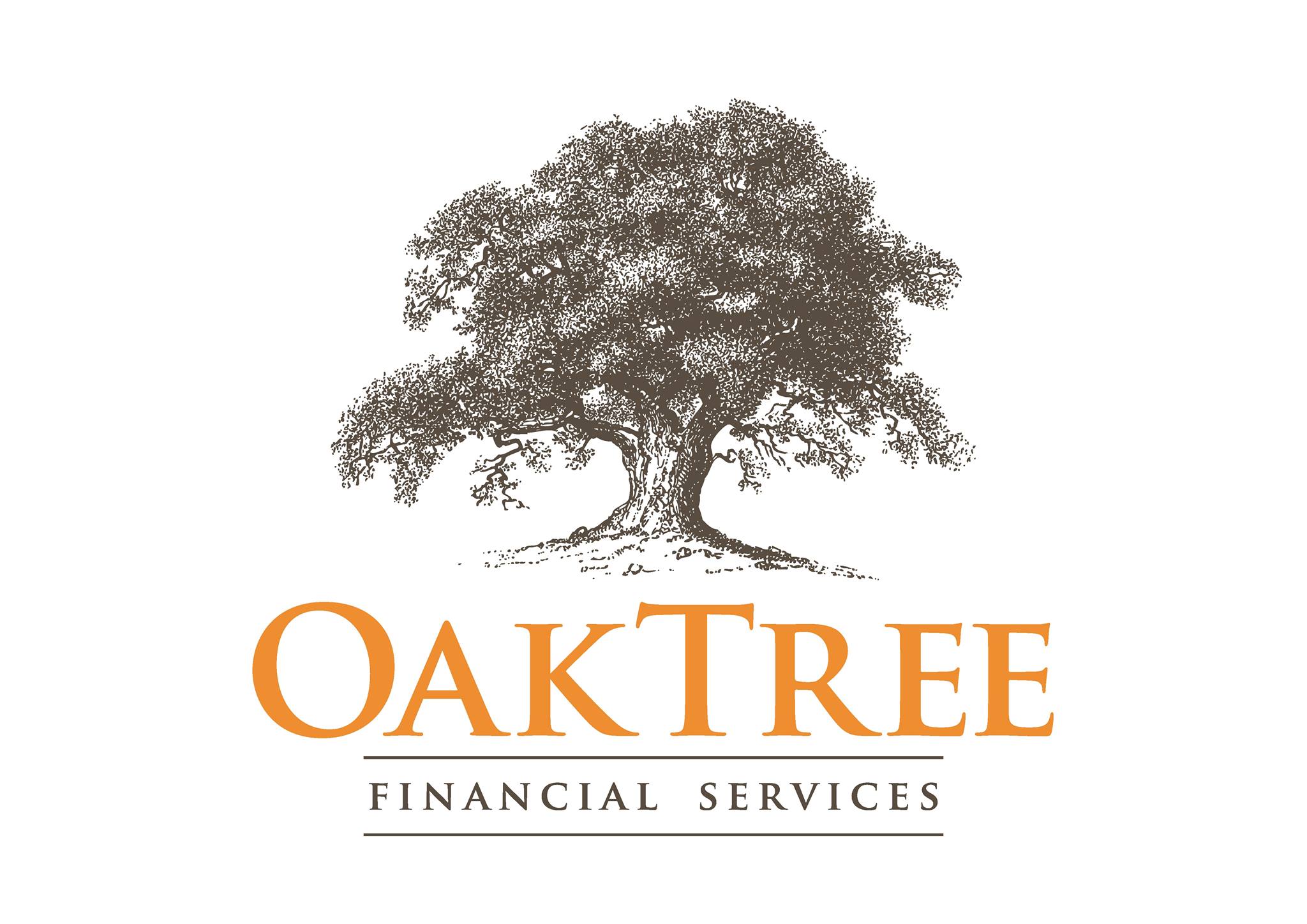What if we spent the same amount of time focusing on ourselves and our finances – something that is ongoing all year round? Before you finish your Christmas shopping and stocking up on the bubbles for New Year, why not perform a quick self check to see how you have done this year. Are your achievements tying in with your financial master plan?
It is, after all, a time to reflect!
If this is your first time doing a financial review, take your time to learn some of the building blocks that make up your financial health. It will certainly get easier every year, once you nail the basics. For the financially savvy familiar with a financial review, it shouldn’t take you too long to run through the list!
Review Your Cash Flow
The purpose of reviewing your cash flow is to know exactly how much money is coming in and going out, while also forecasting large expenses that you may be planning for in the future.
- Identify all sources of current income (career & side-hustles);
- Track & organise all expenses, monthly and annually;
- Consider boosting your savings by cutting TV packages, entertainment accounts (Netflix, Sky, etc.) and changing mobile providers;
- Evaluate trends or expected changes to current income and expenses (child’s education, ageing parent’s care, etc.);
- Identify any large expenses planned for next year;
- Establish or top-up an emergency fund.
Review Your Investment Goals
Investing is a very broad landscape and can be at times overwhelming. What’s working for someone else may not work for your own situation, thus it’s good practice to always re-evaluate and stay on top of your ever-changing needs. While reviewing your portfolio and rebalancing your investments, it’s important that you remember to factor in how selling off assets may affect your tax liability.
- Evaluate your current investments compared to your written investment objectives;
- Rebalance your portfolio according to your changing risk tolerance;
- Meet with your Financial Planner to evaluate your financial plan; prepare a list of topics to focus your discussion;
- Consider using other high-interest investment accounts to grow your cash or funds;
- Look for refinancing opportunities that could lower your mortgage payments.
Planning For Your Retirement
Retirement goes hand-in-hand with reviewing your cash flow and investments. For example, if you’re on top of your expenses and rate of returns, planning for your retirement will be much simpler because you will know exactly the amount you need to sustain your lifestyle during retirement. You could also then figure out your exact retirement date.
- Review target date for retirement & amount of income needed;
- Evaluate your strategy to reach your retirement objective;
- If you are entitled to a tax-free lump sum – how much would that be;
- Review all existing pension products (Company Schemes, AVC’s, PRB’s, ARF’s & AMRF’s);
- Tidy up and combine if advantageous – something that we always advise.
Review Your Insurance Plans
Be prepared for the unexpected. Many things change as we get older and potentially encounter health issues. Take into consideration the well-being of your dependents, parents and elders.
- Review your personal life and protection policies;
- Review your home insurance policies;
- Review any income protection insurance policies to determine if they continue to efficiently meet your coverage needs;
- Review your deductibles and look out for more efficient options with the same coverage.
Reducing Taxes
Be patient and take the time to understand your tax liability. Taxes can seem overwhelming. Take advantage of the numerous tax benefits you could implement and incorporate to your overall financial portfolio.
- Identify any actions to reduce taxes; speak with an advisor to identify tax benefits;
- Evaluate and maximize retirement plan contributions;
- Monitor tax loss carry-forwards and consider harvesting losses to offset gains.
Estate Planning
To round it all off at the end of your financial checklist, take some time to review your estate documents. Your estate represents the culmination of all the hard work and sacrifice you’ve made your entire life, and to make it all worthwhile, think of how you’d want your assets to be passed on to the next generation.
- Determine ownership of assets (including property) and beneficiary designation – i.e. who do want to have your assets after you pass;
- Take note of where your estate planning documents (wills, trusts, power of attorney, etc.) are located – advise those who need to know where they are;
- Review estate planning documents to make sure they are accurate and current – take account of the changes that may have occurred during the year and remember to ensure that policy/account numbers may have changed during the year.

Adrian Godwin is a Senior Financial Consultant and the co-founder and managing director of Oaktree Financial Services. With a background in accounting and tax advising, Adrian specialises in estate planning and wealth management.Adrian offers clients reassurance through best practice solutions. His unique skill set and qualifications enable clients to develop comprehensive life plans that align with their goals.


